Dashnor Kaloçi
Memorie.al publishes the unknown story of the famous Shkodra family, Çekaj, otherwise known by the surname Summa, where on April 23, 1895, following a proposal from the French Ministry of Foreign Affairs sent by its Consul in Shkodra , Hekardt, the first of that family, Mikel Çeka, was decorated with a Gold Medal by the President of France, Felix More, with the motivation: “For services rendered to French interests from 1856 to 1895, as an aid translator of the French Consul in Shkodra ”. How was preserved until today the big house of the Çekajs located at Arra e Madhe in the city of Shkodra, which is a living museum with relics, documents, photos, objects, etc., which reflects the history of that family and its suckers that made a big name in Europe as well
The 200-year-old house of the Çekaj at Arra e Madhe in Shkodra
The Çekaj House, which is thought to have been built more than two hundred years ago, is located somewhere in the Arra e Madhe neighborhood of the city of Shkodra on Vaso Pasha Street and that building in all its complexity, including the construction and The historical values it carries, without exaggeration, we can say that it is unique in Albania. There in that fortress-house surrounded by high walls, live together with their families, the two brothers Engjëll and Mikel Çeka, who are also the last suckers of the Çekej who are known as one of the oldest in the city of Shkodra… Located opposite the dormitory of the Foreign Languages School, the large two-storey house of the Çekaj does not arouse much curiosity from the outside, as its appearance is obstructed by the surrounding wall typical of Shkodra and some other Albanian cities. built in that period of time. But everything changes when you step inside and make yourself look like you are in an Ethnographic Museum, or old medieval castle, which you rarely encounter in our cities. Among other things, in the upper rooms of that house with ample spaces where everything is carved in wood by the masters of Shkodra, here and two hundred years ago, are exhibited some furniture, relics, objects, photos and rare documents that throw light on its history and its suckers that were also honored and appreciated by the French state since the second half of the eighteenth century. Since that distant time, that typical house in Shkodra has lost much of its originality and its first form, it still maintains only one of the rooms where everything is intact since the last century. It is dominated by a suspended ceiling with carvings and a large chimney adorned with ornaments, up to the chest of drawers, or as it is otherwise known by the old people of Shkodra as the “Venice Ark”, from which the rich aristocratic families of that time, bought the dowry of the bride in Italy. The whole architectural ensemble that dominates there, from the construction and the wood carvings, to the old furniture and relics carefully preserved for more than two centuries, forced the Institute of Cultural Monuments, since 1966, to declare that house a Cultural Monument. Although an economist by profession, but with a passion from the historian to be admired, Engjëll Çeka has researched for years in archives, libraries and the press of the time, extracting and tabulating almost everything that has been written and said about the family tree. of his, which together with other documents and rare relics that that family has, constitute a living part of history, not only of the Çekaj, but also of that city with ancient traditions.
Origin, dynasty and heritage of the Çekaj family (Summa)
Regarding the early origin of the Çekaj family, or as they are otherwise known by the other surname Summa, some research has been done by various scholars, but the one who offers the most truth and is considered the most accurate, is the one who did the researcher known from Shkodra, Emil Shiroka in 1984. Who, in addition to various oral testimonies and hypotheses that have been inherited between several generations, both of that family and those of Shkodra, has also relied on various archival documents and i ‘has referred to other studies that have been done before about this family? According to the study of Emil Shiroka, it is said that the early origin of the Çekaj family is from the Bojej neighborhood of the village Summë, which today is under the jurisdiction of Postriba in the Highlands above Shkodra. When the Turks first invaded and conquered Shkodra (along with its Castle) which at that time lay near the Buna River and Lake Shkodra, most of the population of this city with men, women, children and the elderly, emigrated to Italy, leaving Lake Buna and the Adriatic Sea. While some other families climbed high in the mountains of the Shkodra Highlands. At that time, it is said that among the only ones who stayed in the city and did not leave from there, was a rich man from Shkodra, whom Venice called by the name Çeka, which means “crying”. One of the different interpretations of this word, perhaps the most accurate, is that the man had won a lot and had become rich by “playing with tears”. This man, in order not to lose all that great wealth he had long put in, is said to have made a compromise with the Turks, changing his faith and from Catholic to Muslim. After five years, the Vizier of Shkodra, who was appointed by Turkey and was of Turkish nationality and citizenship, to test him, if he remained faithful to the Muslim religion, forced him to go on a pilgrimage to the Kaaba to the tomb of Muhammad. This person named Çeka, accepted the request of the Vizier and after returning from the Kaaba, the people in Shkodra called him Haxhi Çeka. There are several other hypotheses about the origin and inheritance of the trunk of this family, where in one of them it is said that: in the village of Summë, at that time lived two brothers, who were called Sokol (Kole) and Pjetër Summa. The vizier of Shkodra had information that these brothers came from a family of bayraktars and sent word to them to go to meet him in Shkodra, in his palaces. Only one of the brothers, Sokoli, responded to the words of the Vizier, who was also the ruler of Shkodra, while Pjetri did not come to Shkodra at all. The vizier promised Sokol that he would give him land and wealth, on the condition that he become a Muslim, and after Sokol accepted that, the vizier kept him with him. After some time, the Vizier told Sokol to go to the village of Summa and persuade his brother Peter and the whole village to go down to Shkodra, where they would change their religion, just as he had done. But when Sokol went and conveyed to Peter the message he had received from the Vizier, Peter became very indignant and, in order to escape any possible revenge of the Vizier, left the village and for ten years remained hidden among his friends. his and through the mountains. Upset by the bad life he led for almost ten years in the mountains, where his life was sometimes endangered, Peter decided and went down to Shkodra, went straight to the house of Haxhi Çeka, of whom he knew that, from a Catholic had become a Muslim. Pjetër Summa told Haxhiu that he had gone there to fall into his hands and ask for his trust to protect him from his brother Sokoli, who wanted to change his faith. Haxhi Çeka took Peter in trust and kept him in his house, telling him that no one forced him to change his religion. Thus, Pjetër Summa stayed for about three years in the house of Haxhi Çeka and after three years, Haxhiu gave him the money to build his house. Peter built his house next to Haxhiu’s, but when the Turks found out and went to demolish it, Haxhi Çeka came forward and told him that it was his house. The Turks fled saying that it was Çeka’s house and from that time Pjetër Summa had the surname Çeka, and throughout Shkodra, he began to be called Pjetër Çeka. And outside the city and in the villages and outside Albania where he went for trade, he was known and called Pjetër Summa. Therefore, from that time even today, that family is known by two surnames, Summa and Çekaj. Also, according to this version, it is said that the well-known Sokoli family from Shkodra, which is of Muslim faith and originates from the village of Summë, is also from the trunk of the Çekaj family and it derives from Sokoli, Pjetër Summa’s brother, who also became a Muslim and took the surname Çeka.
Commercial activity of Pjetër Çekaj and his sons
Pjetër Çeka got married and had five sons: Preçi, Hila, Ejlli, Kola and Simoni. The two eldest sons, Preçi and Hilë, Peter was given the trade of tailor, and the third son, Aileen, was sent to Rome, where after being educated as a jakua (priest) he came and served in Shkodër and later in the village of Shirq, where and died and was buried in the church of Shënapremte. The second son, Hila, was dissatisfied with the work of the tailor and then engaged in the leather trade, where after collecting a very large quantity, he went and sold them in Venice. With the money he earned from selling the skins, Hila bought a lot of merchandise, which he came and sold in Shkodra, in the six shops he bought together with his brothers. From the money she earned from selling leather in Italy, Hila bought manufactured goods and came and sold them in Shkodra. After becoming very economically empowered, apart from Shkodra, Hila began to sell the goods he brought from Italy and to Gjakova, Prizren, Skopje, Tetovo, etc., where he opened his own agencies known as the company “Summa” (Ceka) and they left it to Simon, who was the youngest of the brothers, but the best of them even though he had very little schooling. After gaining much from this type of trade, the Çekaj brothers married in turn and bought shops, vineyards and land which stretched to Bushat, Vraka, Çelepie, Lezha, and as far as Zejmen, where they had 200 dynym. Hila built a large house with six rooms in the city of Shkodra, in the place where today it is known as Arra e Madhe.
The genealogical tree of the Çekej family
The genealogical heritage of the Summa family or as it is otherwise known Çekaj, after Peter and Sokol, took this course: Preçi had two sons, Peter and Zefi. Peter had three sons, Ndoc, Philip, and Michael. Ndoci had two sons, Pjetrin and Lecin. Leci had two sons, Tonin and Peter. Zefi had a son, Aileen, who left nine children, a son and eight daughters. The boy named Gasper left three sons, Aileen, Zef and Luigi, who did not marry, and that branch of the family disappeared altogether. Aileen’s eight daughters were: Çilja, Angjia, Kusha, Dranja, Cina, Tonja, Lezja and Gjystja. In 1834 and 1837, Çilja and Angja, the two eldest daughters, married Pjetër Shiroka’s two sons, Shan and Gaspër. The other two daughters, Kushja and Drandja, also in 1834 and 1837, married the two sons of Kol Shiroka, Ndreka and Zefi. The other girl, Cina, married Pashko Muzhani, Lezja married Loro Saraçi, Tonja married Filip Çurçinë, while Gjystja, the youngest of the girls, became a nun. Kola left a son, Philip, who had only daughters, and that branch disappeared. The youngest Simon left four sons, Matina, Lazri, Franon and Gasper. Matthias died, Lazarus went to France and Francois to Spain and never returned. Ndoci left only a daughter and disappeared as a branch, while Gaspëri had a son, Kola, who had a son Zefi and Zefi had two sons: Nikolin and Gaspër.
French documents on display at the Ceka house
In the old and characteristic Shkodra house of the Çekaj, what stands out the most, apart from the old photos hanging on the walls of that large room, are two old documents written in French. One of those two documents is dated February 6, 1854 and is the Protection Patent, with which the French Consulate in Shkodra has provided the brother of the Angel’s grandfather, Filip Çeka. In that document entitled “Protection Patent”, it is written:
“We, the French Consulate in Shkodra, certify that Mr. Filippo Suma, Ottoman citizen, born and resident in Shkodra, is registered with number 2 in the special register for foreigners protected by this Consulate, based on the provisions of the agreements contained in the treaties concluded between France and the High Ottoman Gate. With the promise of the word we give him this gift to serve him where he is given the right. ”
Shkodër, on February 8, 1854
By Mr. Consul De Diagruan
This document was awarded to Filip Summa by the French Consulate in Shkodra for the services he had rendered to her at the time when she was not more than 30 years old. The other document which belongs to 1895, is a Gold Medal, which was given to the Angel’s grandfather, Mikel Çeka (Summa), which reads:
Ministry of Foreign Affairs
President of the French Republic
On the proposal of the Ministry of Foreign Affairs
decrees:
A Gold Medal of Honor awarded to Mr. Summa, Assistant Translator of the French Consul in Shkodra, Albania, for services rendered to French interests from 1856 to 1895.
Chief of Protocol service Sh. Croziej
Released in Paris, April 23, 1895.
Feliks Fore. Y Hanoto
Who was Filip Çeka?
Who was Filip Çeka and why was he taken under protection by the French Consulate in Shkodra?! Filip was born in the city of Shkodra in 1826 and he was the son of Pjetër Çeka, whose family is among the oldest in Shkodra that appear listed in 1736 in the baptism records kept by the Kamsi family. From three baptismal documents of the church kept by the family and belonging to the years 1830, 1871 and 1898, the members of this family are also known by the surname Suma and have tribal ties with the Sokoli tribe of Shkodra. This is also confirmed by the data of Mustafa Boric’s diary, which has been preserved since June 1844, where he wrote, among other things: “I won a davana with the merchant Ndoc Çeka”. Since it was fashionable at that time for wealthy and aristocratic families to send their children to study in private schools, and then in religious schools, Filip, is thought to have been educated in these schools. To this day, however, the Çeka family does not have any school documents of Filip, and this is based on the logic of the families of that time who sent their children to those schools to learn foreign languages, which was imposed on them for the needs of trade. That Filip has taught in those schools is confirmed by the fact that he learned the French language before the age of 30, at which time he was taken under protection by the French Consulate in Shkodra. This fact allows us to assume that Philip received that protection in the first place as a prominent personality he was, that otherwise he could not have been given that privilege!
Filip with the representation of Shkodra in the League of Prizren
From the various studies that have been done, Filip Çeka is known as one of the main organizers of the Shkodra representation that participated in the League of Prizren in 1878. Thus from 1854 when Filip Çeka was taken under protection by the French Consulate in Shkodra and until the years 1878 when he appears in many documents as one of the main organizers of the Shkodra Branch for the League of Prizren, there is no data on what he dealt with in that period of time. A study by well-known historians Professors Stefanaq Pollo and Selami Pulaha cites a document written a month before the League of Prizren was held. It is a protest that the people of Shkodra sent to the French ambassador in Istanbul, where, among other things, it is said: “We, Catholics and Muslims, brothers for centuries and living in a community of interests and customs, would rather be annihilated than to die, to be humiliated and to be enslaved ”. Although the names of its signatories are not given in that document, we have the right to think that the hand of brothers Çeka, Filip and Mikel is also there, based on the fact that they knew French and Filip was among the organizers of that protest. This becomes credible given the fact that Filip had connections with foreign diplomatic circles that were in Shkodra at that time. According to historical documents, on June 15, two days after the opening of the Berlin Congress, in the courtyard of the Madrasa near the Old Bazaar of Shkodra, a popular manifestation took place, where a petition was read that the Shkodra parish sent to the Berlin Congress in protest. Seeing the signatories of that petition, one can see the name of Filip Summa, which is also confirmed by the researcher Xhafer Belegu in his work “Acts of the Renaissance”. Also, in a study by academician Kristo Frashëri, where he gives approximately the names of the most active members of the Inter-Provincial Committee of the Shkodra Branch, which sent its representation to the League of Prizren, the name of Filip Summa is also listed. Another document that confirms the participation of Filip Summa in the representation of the Inter-Provincial Committee of the Shkodra Branch, is that of the Çoba brothers, where it is said, among other things: Çeka, N. Shiroka, Simon and Gjok Muzhani. “Even yesterday they had them in the commission and they received them very well”. Based on these documents and historical materials, the name of Filip Çeka appears in the leading representation of the Branch of the League of Prizren for Shkodra from July 1878 until the end, regardless of whether he was in charge or not. His non-participation in the Shkodra delegation in the League of Prizren, was probably conditioned by his status of “semi-diplomat” by the connections he had with the French Consulate in Shkodra. Also from the archival documents, Filip is known as a participant with the volunteer troops from Shkodra in the War of Plava and Gucia, alongside Jusuf Sokoli and he also appears as a participant in the War for the protection of Ulcinj from the Montenegrins in 1879, where the people of Shkodra sent two as a sign of solidarity formations with volunteers. In one of them was 60-year-old Filip, who together with Jusuf Sokoli, had under his command 40 volunteers from Shkodra. Filip died in Shkodra in 1895 and in his honor, in the museum house, currently inhabited by Engjëlli, with his brother Mikel, in 1989, a memorial plaque was placed which describes him as the organizer of the Shkodra Branch for the League of Prizren.
Filip Çeka (the young man), deputy prefect of the Zog Monarchy in Erseka
After Filip Çeka and his brother Mikeli, one of the other descendants of the trunk of the famous Shkodra family, is also the father of Engjëll Çeka, Filip Çeka, who was born in 1898 in that house and during the baptism that was done to him. in the church, as godparents were the French couple De Guard, who at that time worked at the French Consulate in Shkodra. Philip also had a sister, Justina, who was ordained a nun, and a brother, Angelina. Filipi was educated in the Commercial School of Shkodra, which he graduated in 1920, from where he was appointed as a finance officer in the Municipality of Shkodra. Filipi later worked as Finance Director in Kruja, Lezha, Puka and Durres. As he was one of King Zog’s trusted men, in 1934, Philip passed as a contingent of the Interior Ministry and was appointed deputy prefect in Delvina, Ersekë and Konispol. After working for some time as Chief Secretary of the Prefecture of Vlora, with the occupation of Albania by fascist Italy, Filip was fired. With the arrival of the Germans, he was appointed deputy prefect of Lushnja, where he worked for only a month and left after saving the city from being burned by the Germans. While during the years of the communist regime until 1960, Filip worked as an accountant in Korça, Fush-Arrëz and Bushat, always monitored by the State Security, as a former senior official of the Zog Monarchy./Memorie.al




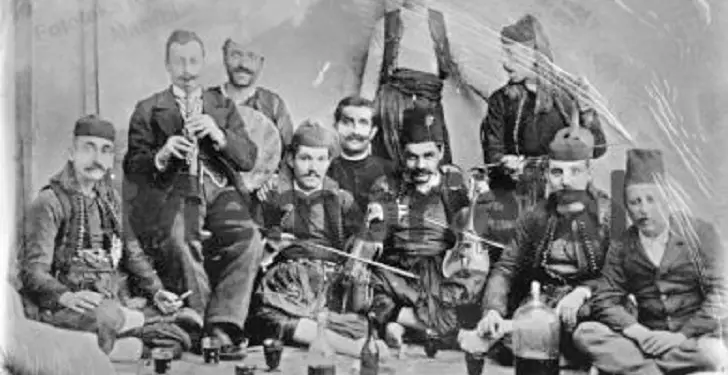
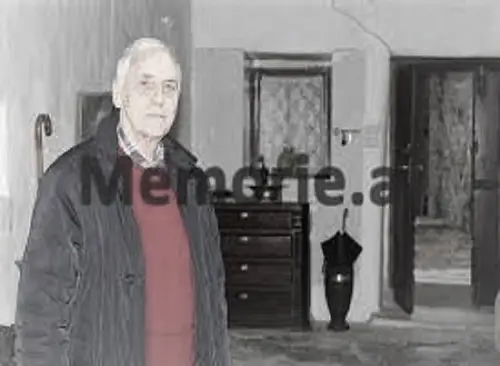
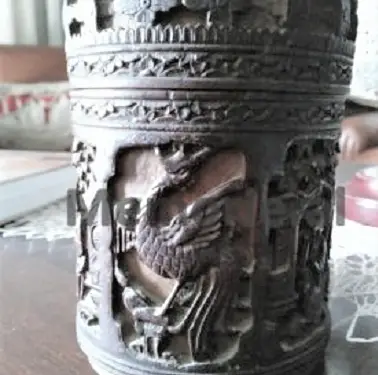
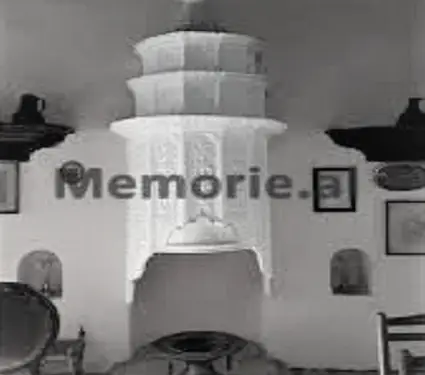
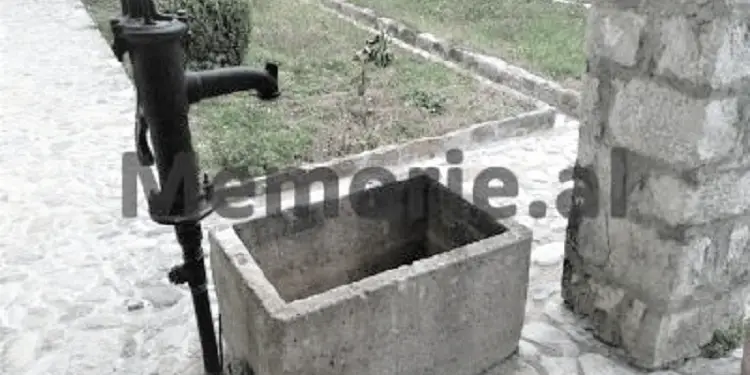
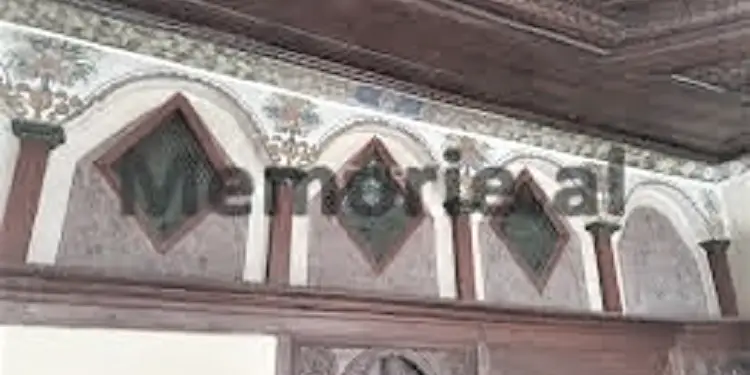
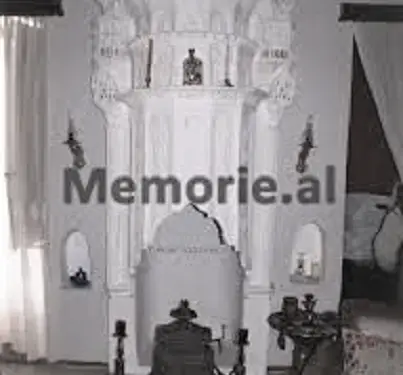
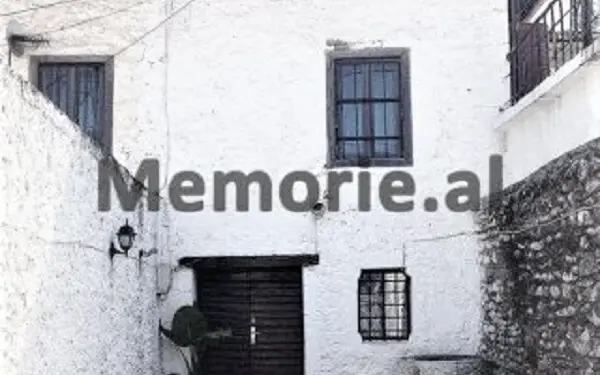
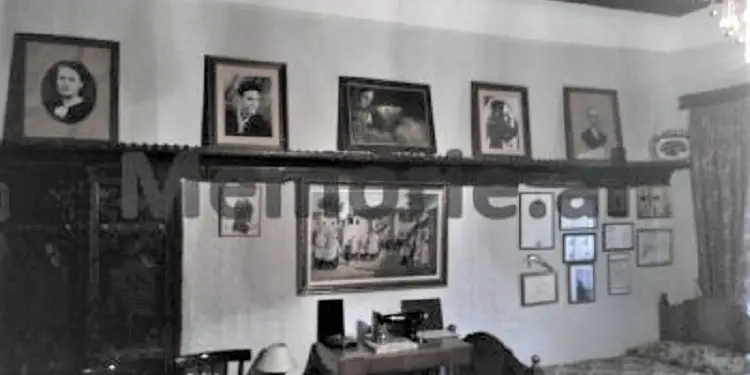
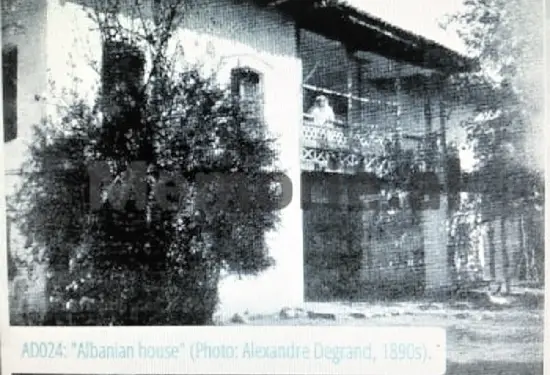
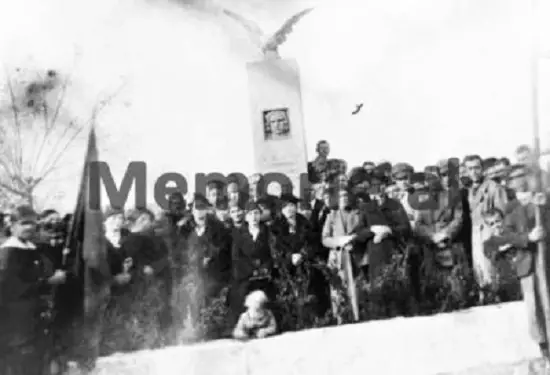
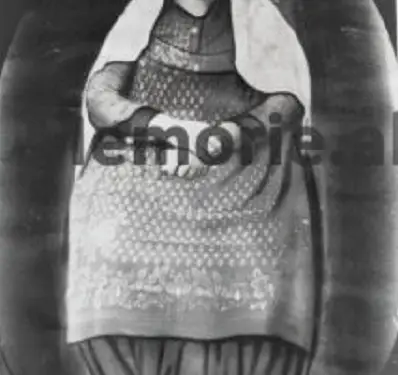
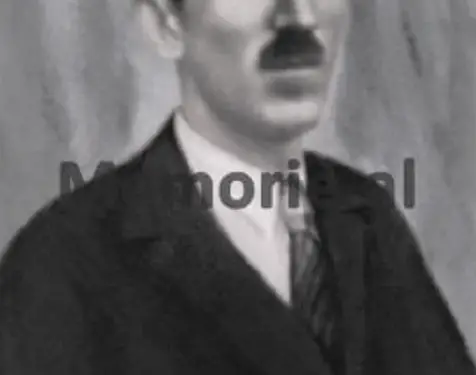
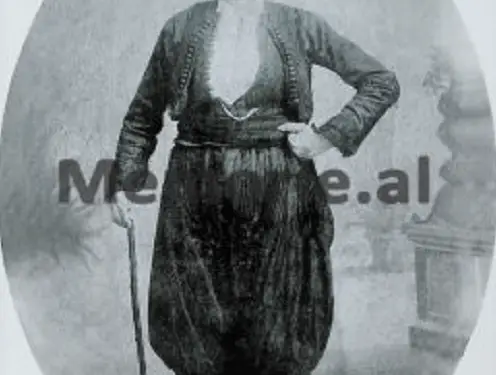
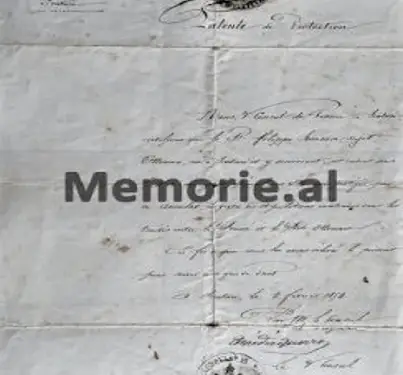
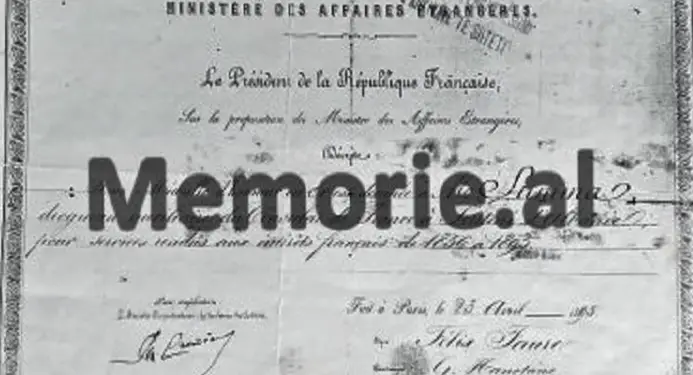

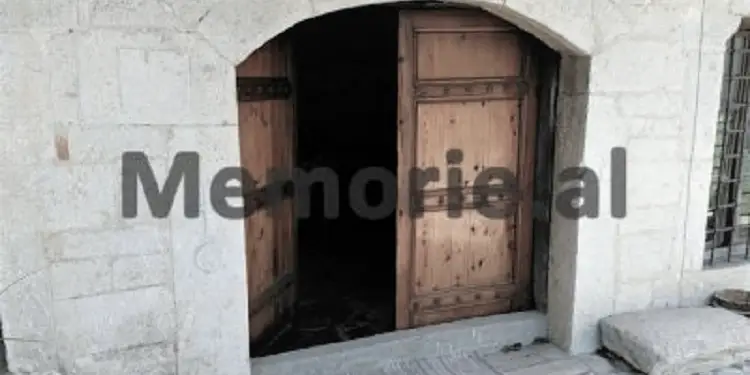
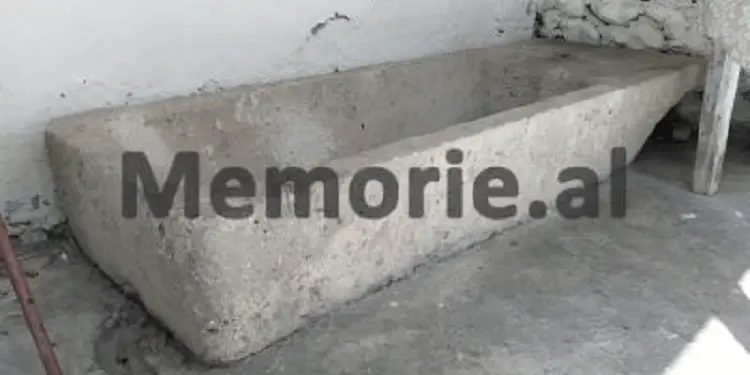
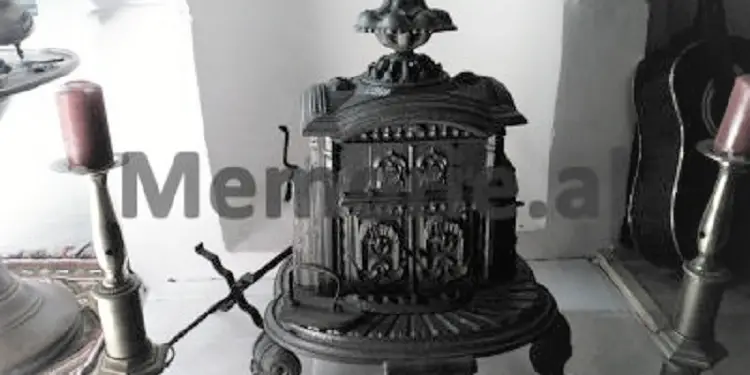
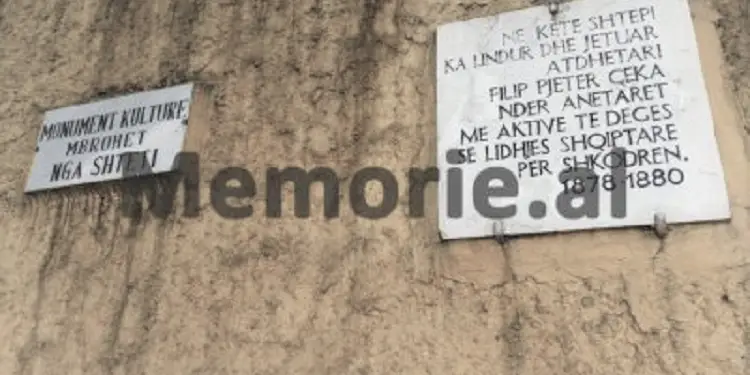
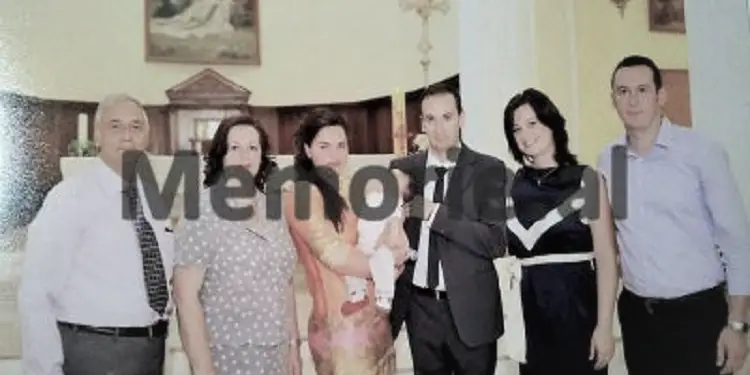
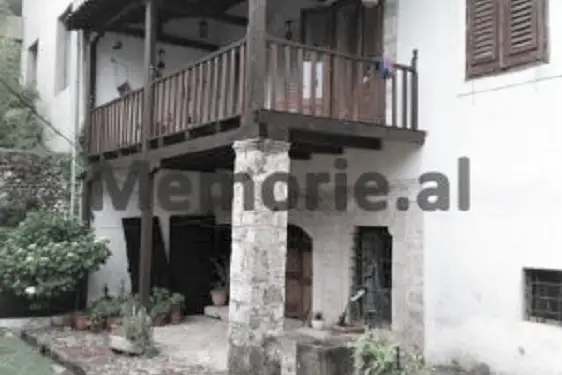
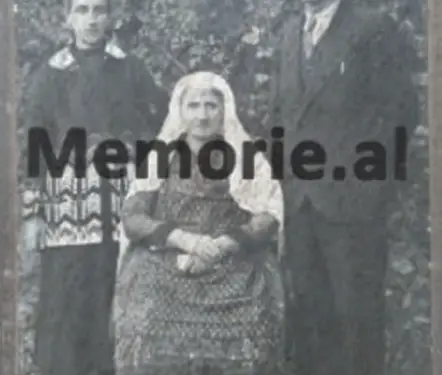
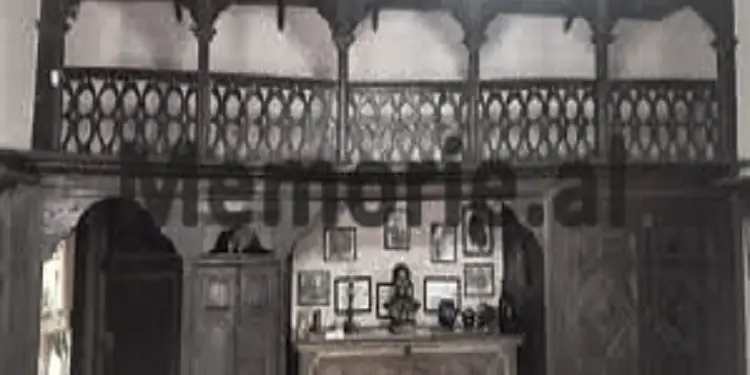



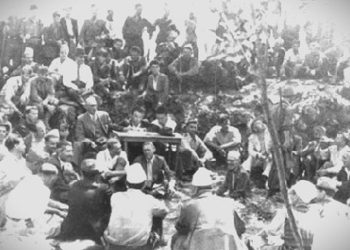
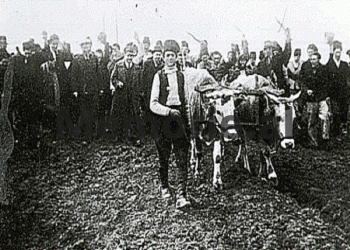
![“They have given her [the permission], but if possible, they should revoke it, as I believe it shouldn’t have been granted. I don’t know what she’s up to now…” / Enver Hoxha’s letter uncovered regarding a martyr’s mother seeking to visit Turkey.](https://memorie.al/wp-content/uploads/2026/01/Dok-1-350x250.jpg)
